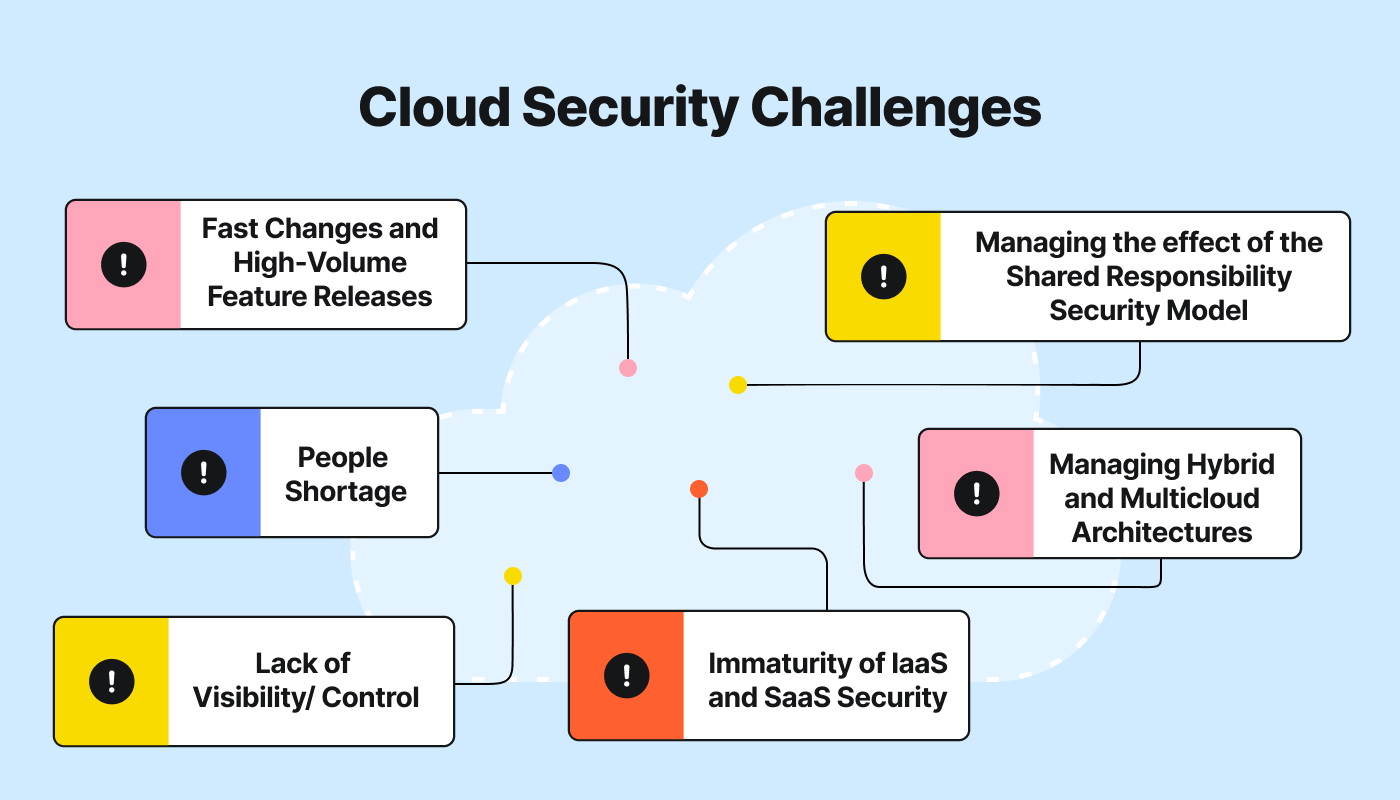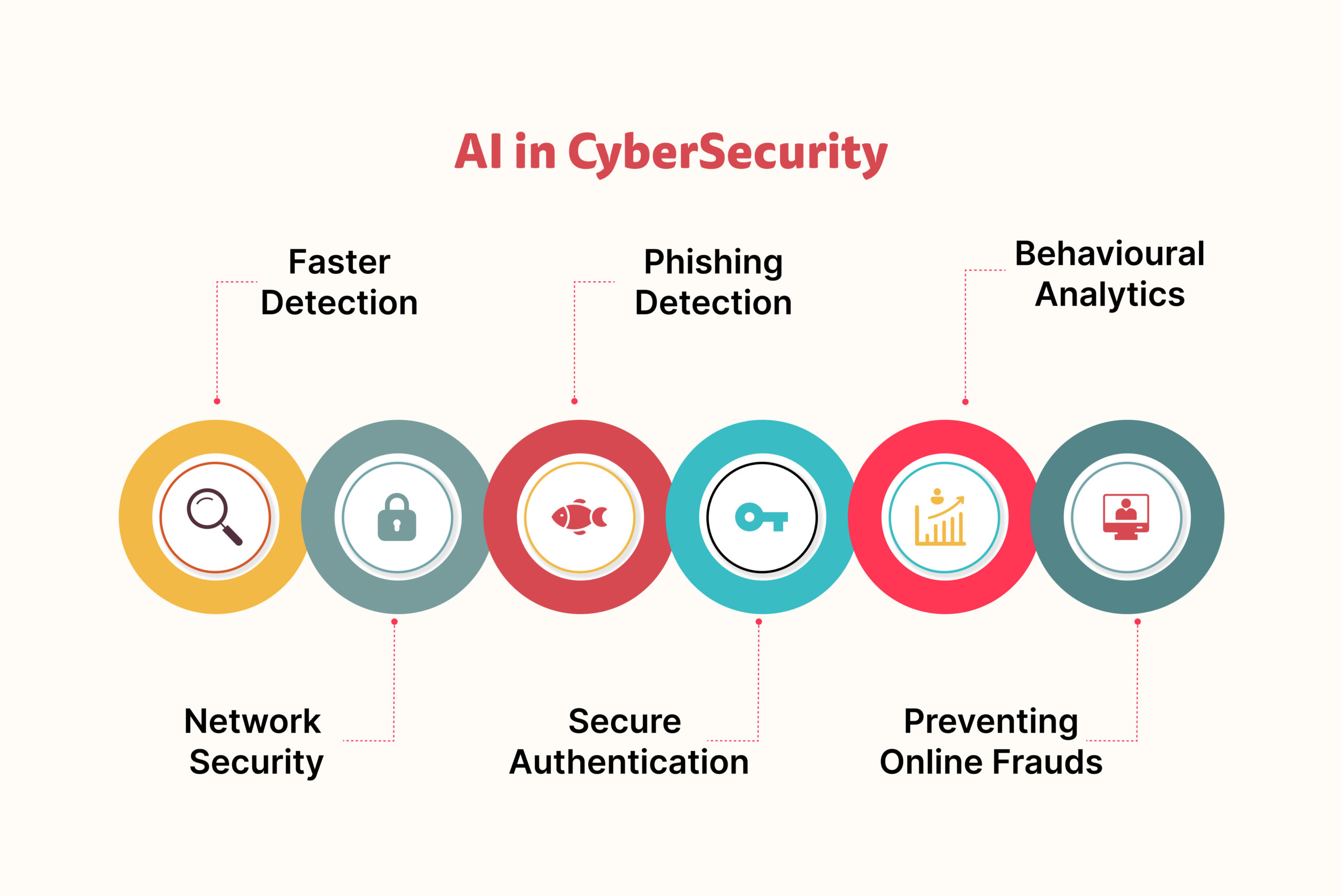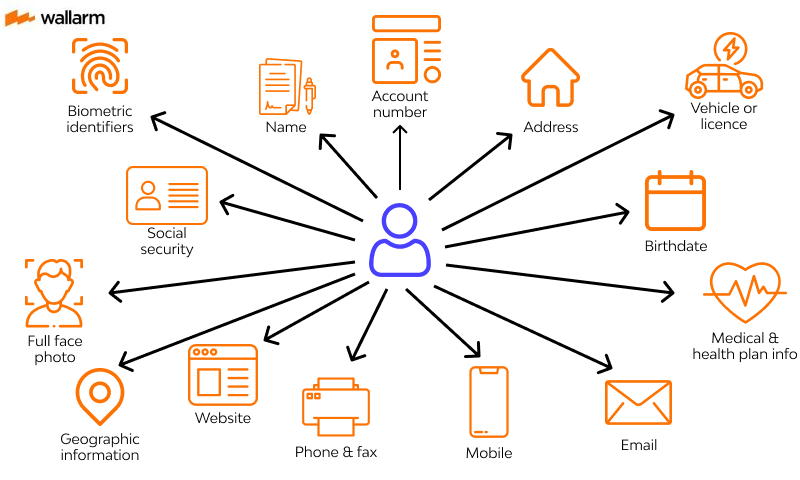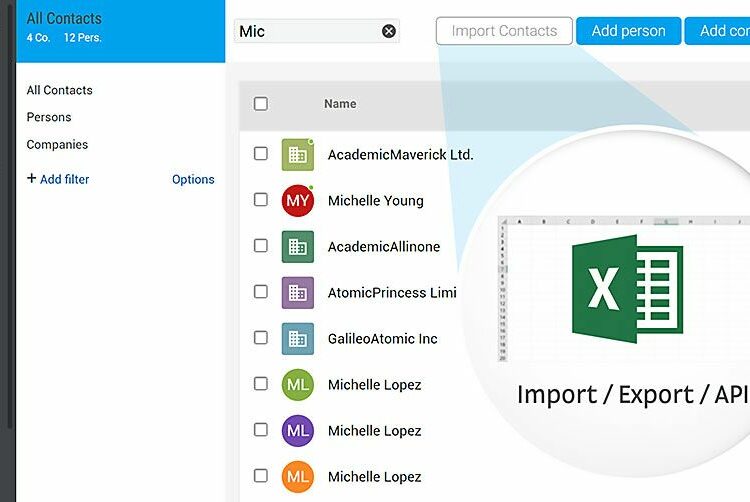While a computer science degree is a strong foundation, many employers are seeking candidates with a broader skillset. To stand out, consider pursuing a strategic minor that complements your technical expertise. This could include areas like human-computer interaction, bioinformatics, or even business administration. Understanding the best minors for computer science can help you develop a well-rounded skillset that makes you a more competitive candidate in the tech job market.
Toc
- 1. Boosting Your Technical Prowess: The Best Minors for Computer Science
- 2. Expanding Your Horizons: Cross-Disciplinary Minors for Computer Science
- 3. The Future of Computer Science: Exploring Emerging Minors
- 4. Related articles 01:
- 5. Choosing the Right Minor for You: Factors to Consider
- 6. The Impact of Minors on Your Academic Journey
- 7. Related articles 02:
- 8. Frequently Asked Questions
- 9. Conclusion
Boosting Your Technical Prowess: The Best Minors for Computer Science

To enhance your competitiveness in the job market, consider these minors that can deepen your technical expertise, making you a more attractive candidate.
Software Engineering: Building Robust Systems
A minor in software engineering can be transformative for aspiring software developers. In this program, you will delve into essential methodologies, techniques, and tools necessary for developing complex software within a multidisciplinary environment. Topics covered include software design, maintenance, and formal methods. This minor equips you with the practical skills needed to tackle large-scale projects and collaborate effectively in team settings, making it a highly sought-after minor for aspiring software developers. The shift towards cloud computing has further increased the demand for software engineers who can build and manage applications in cloud environments.
Data Science: Unlocking Insights from Data
In an age where data-driven decision-making is paramount, a minor in data science is an excellent choice for computer science majors. This program provides you with the skills to analyze large datasets, extract meaningful insights, and build predictive models. You will develop a strong foundation in machine learning, statistical analysis, and data visualization using powerful tools like Python libraries Pandas and scikit-learn. As organizations increasingly rely on data to inform their strategies, this minor equips you with the skills to thrive in data-driven industries, from healthcare to finance. The application of data science in healthcare is rapidly expanding, with potential to revolutionize medical research, diagnosis, and patient care.
Cybersecurity: Protecting Digital Assets
With the rise of cyber threats, a minor in cybersecurity is essential for those looking to make a mark in the tech industry. This program offers a comprehensive understanding of security threats, vulnerabilities, and defense mechanisms. You’ll gain hands-on experience in ethical hacking, penetration testing, and security analysis. By acquiring these in-demand skills, you position yourself as a critical player in the field of information security, making this one of the most relevant minors for computer science majors today. The demand for cybersecurity professionals continues to grow, with the global cybersecurity market expected to reach over $300 billion by 2027.
Expanding Your Horizons: Cross-Disciplinary Minors for Computer Science

Broadening your skillset with a cross-disciplinary minor can open up unique career opportunities and set you apart from your peers. Here are some minors that can enhance your computer science education and career prospects.
Business Administration: Managing Technology and Innovation
Combining a computer science degree with a business administration minor can create a powerful skill set. This minor equips you with a strong foundation in business principles, including finance, marketing, and leadership. With this knowledge, you will be well-equipped to pursue management roles or embark on entrepreneurial ventures, making it a valuable addition to your computer science education. Understanding financial metrics like return on investment (ROI) is crucial for tech companies to evaluate the success of their products and services.
Human-Computer Interaction (HCI): Designing User-Centric Experiences
The field of human-computer interaction (HCI) focuses on designing and developing user-friendly interfaces. A minor in HCI teaches you user research, design thinking, and prototyping techniques. This knowledge enables you to create intuitive and engaging digital products that meet the needs of end-users. As technology becomes increasingly integrated into our daily lives, expertise in HCI is invaluable, making this a standout minor for computer science majors interested in user experience design.
Bioinformatics: Solving Biological Problems with Computing
At the intersection of biology and computer science lies bioinformatics. A minor in this field prepares you to work with biological data, develop algorithms for analyzing genomic sequences, and contribute to advancements in medicine and biotechnology. This unique blend of skills opens up exciting career paths that combine your technical expertise with an interest in life sciences, positioning you as a valuable asset in healthcare and research sectors.
The Future of Computer Science: Exploring Emerging Minors

1. https://chosloughi.org/mmoga-the-best-crm-for-financial-advisors-a-comprehensive-guide
2. https://chosloughi.org/mmoga-unlock-incredible-lenovo-laptop-deals-on-sale-for-back-to-school-season
5. https://chosloughi.org/mmoga-the-best-crm-app-for-small-businesses-in-2024-a-comprehensive-guide
As technology continues to evolve, so do the skills in demand. Consider these emerging minors that are on the rise and likely to be highly sought-after in the near future.
Artificial Intelligence (AI): Developing Intelligent Systems
The field of artificial intelligence (AI) is rapidly expanding, with applications spanning from self-driving cars to personalized healthcare. A minor in AI equips you with the knowledge and skills needed to build intelligent systems that can learn, reason, and solve complex problems. This minor covers topics like machine learning, natural language processing, and computer vision – all critical components of modern AI. As more industries adopt AI technologies, the demand for professionals with AI skills will continue to grow.
Virtual and Augmented Reality (VR/AR): Creating Immersive Experiences
With the rise of virtual and augmented reality technologies, a minor in VR/AR offers exciting prospects. This program teaches you how to develop immersive experiences using tools like Unity and Unreal Engine. You’ll also learn about human perception, user interface design, and 3D modeling techniques. As VR/AR applications expand beyond gaming and entertainment into fields like education, training, and healthcare, professionals with knowledge in this area will be highly sought-after.
Internet of Things (IoT): Connecting the Physical World to the Digital World
As more devices become connected to the internet, a minor in IoT is becoming increasingly relevant. This program covers the design and development of interconnected systems, as well as data analytics and security considerations. With IoT technologies being adopted by industries like manufacturing, logistics, and healthcare, professionals with expertise in this area will be in high demand.
Choosing the Right Minor for You: Factors to Consider

With so many minors to choose from, how do you decide which one is right for you? Here are some factors to consider when selecting a minor.
Personal Interests and Career Goals
When selecting a minor, it’s essential to align your personal interests with your career aspirations. Consider what subjects you are passionate about and how they may blend with your primary studies in computer science. Reflect on where you envision your career heading in the next five to ten years, and choose a minor that will equip you with the skills and knowledge to reach those goals. Exploring areas that naturally complement computer science, such as design, business, or the sciences, can offer you a competitive edge in the job market and provide a more holistic understanding of how technology intersects with other fields.
Industry Demand and Job Market Trends
Another critical factor to consider is the demand for skills in the industry and the current trends in the job market. Research which areas are projected to grow in the coming years and how they align with the minors available at your institution. Trends in technology suggest an increasing demand for professionals skilled in AI, cybersecurity, and data science, among others. Staying informed about these trends can help guide your decision, ensuring that you not only pursue a subject you enjoy but also one that offers robust career prospects.
Skill Development and Versatility
Finally, evaluate how the minor will enhance your overall skill set and versatility as a computer science professional. A minor should not only deepen your expertise but also broaden your capabilities, making you more adaptable in an ever-changing tech landscape. Consider how the additional skills from a minor could complement your main course of study and enhance your ability to solve complex problems, lead projects, or innovate within your chosen field. Balancing specialization with a broad skill set can make you a more attractive candidate to potential employers and open doors to diverse career paths.
Practical Experience and Networking Opportunities
Beyond the classroom, practical experience and networking opportunities can play a crucial role in your education journey. Engaging in internships, co-op programs, or related work experiences during your studies can provide invaluable real-world insights and hands-on skills in your chosen minor. These experiences not only reinforce your academic learning but also make your resume stand out to future employers. Additionally, participating in industry conferences, student organizations, or online forums related to your field can foster essential connections and expose you to mentors and peers who share similar interests. These networks can offer guidance, support, and potential job opportunities, helping you to navigate your career path with greater confidence.
The Impact of Minors on Your Academic Journey
Pursuing a minor can significantly enrich your academic experience, offering various benefits that extend beyond career prospects. By engaging with an additional field of study, you are encouraged to think more broadly and creatively, which can lead to innovative problem-solving approaches. This interdisciplinary learning enhances your critical thinking skills and expands your intellectual horizons, allowing you to connect concepts across different domains.
Moreover, having a minor can foster a more personalised educational path, effectively tailoring your learning to suit your individual strengths and interests. This personalized approach to higher education can lead to a more fulfilling and enjoyable college experience, as it nurtures a deeper connection to your studies. The integration of diverse perspectives and methodologies can also inspire academic collaborations and research opportunities, further enriching your knowledge and expertise.
By considering a minor, you are not only diversifying your academic profile but also laying the groundwork for lifelong learning and adaptability in a rapidly changing world. As technology and industries continue to evolve, the ability to integrate knowledge from various fields becomes increasingly crucial, making the strategic selection of a minor a pivotal component of your educational career.
1. https://chosloughi.org/mmoga-the-best-crm-app-for-small-businesses-in-2024-a-comprehensive-guide
3. https://chosloughi.org/mmoga-unlock-incredible-lenovo-laptop-deals-on-sale-for-back-to-school-season
5. https://chosloughi.org/mmoga-the-best-crm-for-financial-advisors-a-comprehensive-guide
Frequently Asked Questions

Q: Will a minor significantly increase my chances of getting a job?
A: While a minor alone may not guarantee employment, it can enhance your competitiveness by demonstrating specialized skills and a broader understanding of related fields, making you a more attractive candidate.
Q: How many minors can I pursue?
A: The number of minors you can pursue depends on your university’s policies. It’s best to consult with your academic advisor for specific guidelines.
Q: Can a minor replace an internship or work experience?
A: A minor complements your education but cannot replace practical experience. Internships and relevant work experience are still crucial for career success. Consider combining a minor with work experience to maximize your learning and marketability.
Q: Can I change or drop my minor if it no longer interests me?
A: Most universities allow you to add, change, or drop minors throughout your academic journey. Again, consult with your academic advisor for specific guidelines and any potential implications on your degree progress. Overall, selecting the right minor can enrich your educational experience, broaden your career prospects, and help you stand out in the competitive field of computer science.
Conclusion
In conclusion, choosing a minor in conjunction with your computer science degree can significantly shape your academic and professional development. Whether you opt for a minor that delves deeper into the technological aspects, such as AI and cybersecurity, or one that bridges gaps between technology and other disciplines, like business or design, the additional knowledge and skills gained can provide a comprehensive approach to your education. By carefully considering your personal interests, career goals, and current industry trends, you will be better equipped to make a choice that not only aligns with your academic objectives but also enhances your career opportunities in the dynamic field of computer science. Taking into account networking opportunities and practical experiences plays a vital role in ensuring that your educational path supports your professional aspirations, helping you to become a well-rounded, adaptable, and competitive candidate in today’s job market.













